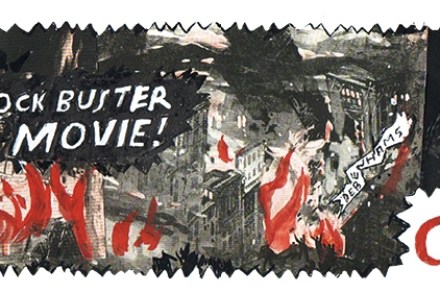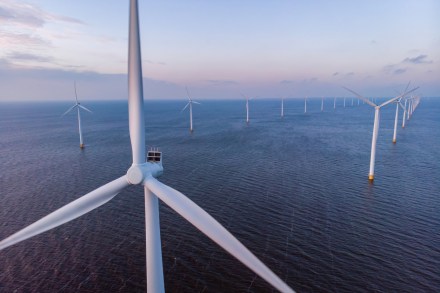Joan Collins: The politics of Christmas trees
To say that the past nine months have been tough is like saying a hurricane felt like a spring shower. For many people it must have been utter hell, particularly those who own hospitality businesses. I simply cannot imagine how they could plan and manage ahead when our government refused to give anyone a clue whether either of the lockdowns was genuinely going to end. It all reminds me of the silly children’s game Grandmother’s Footsteps, in which players attempt to creep up behind ‘Grandmother’. If she turns and catches them moving, they must return to the beginning. We always seem to be returning to the beginning. Lockdown all over






















